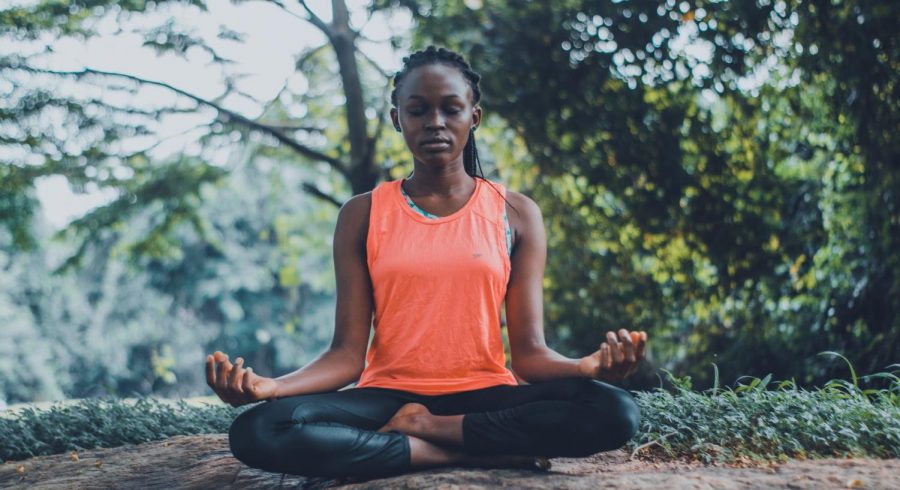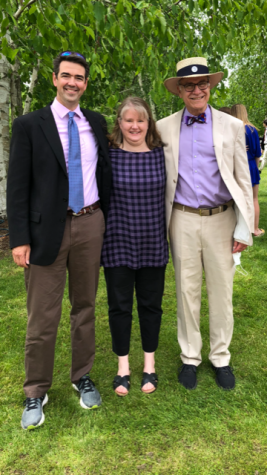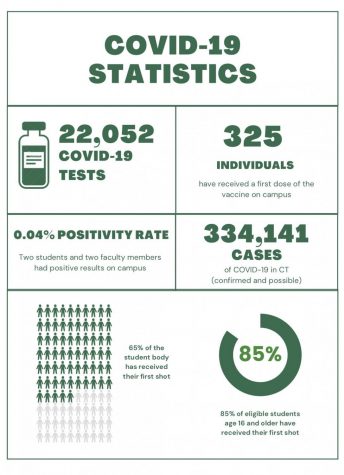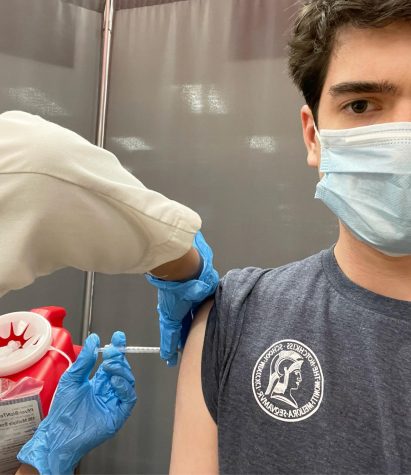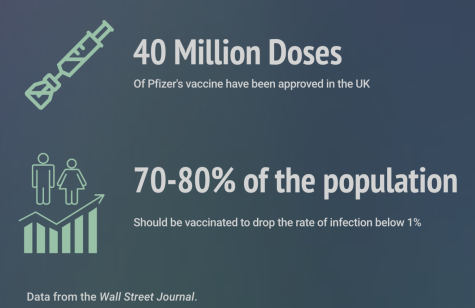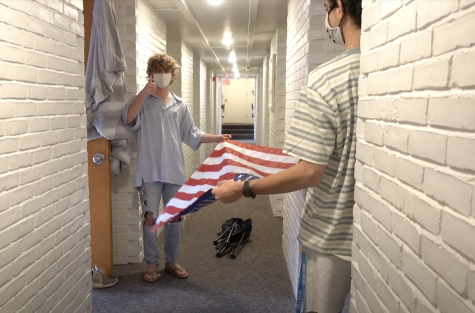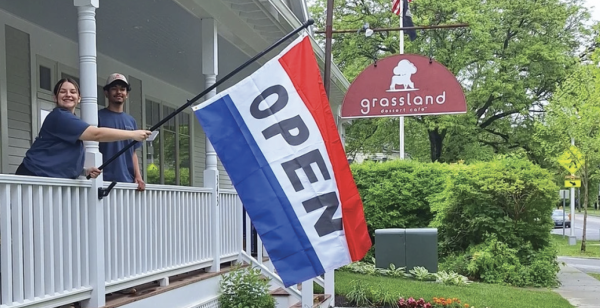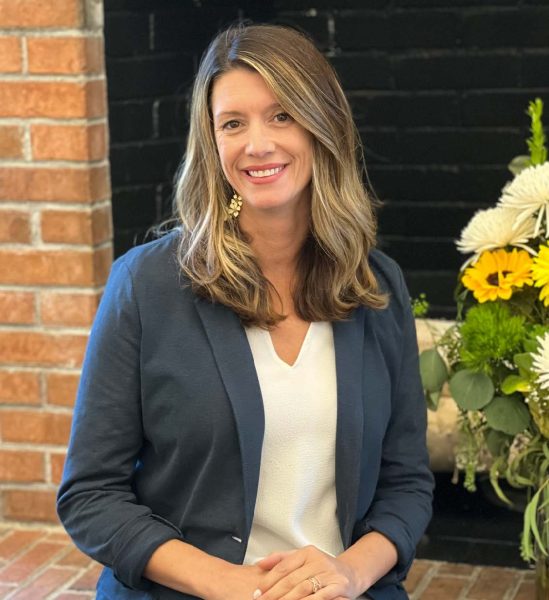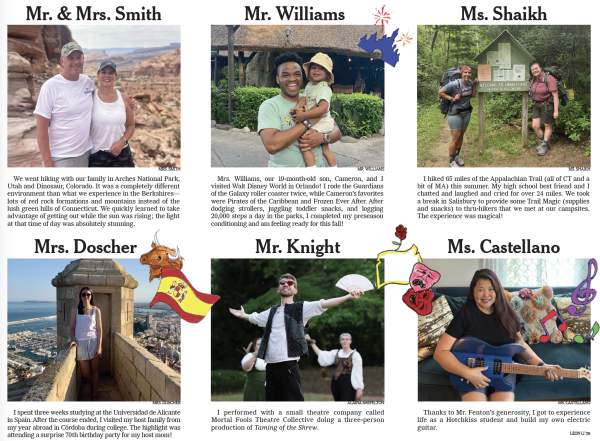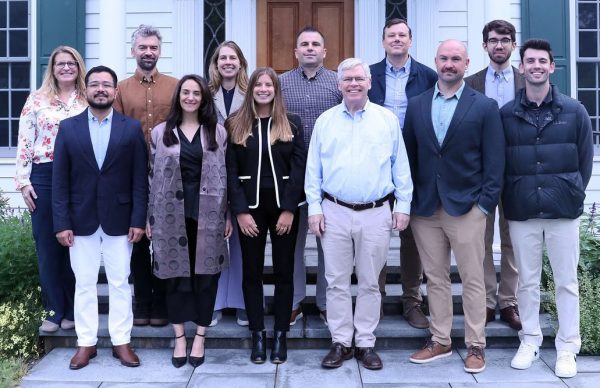Managing Mental Health During COVID-19
According to Mr. Lang and Ms. von Jess, practicing meditation is a great way to manage emotions and thoughts.
During this time, financial difficulties, uncertainties for the future, and concerns for the health of others have caused newfound and increasing anxieties in many. According to a recent poll conducted by the Kaiser Family Foundation, a non-profit health organization, COVID-19 has negatively affected the mental health of 56% of adults living in the United States.
Within our own community, students have had to adjust to living off-campus while school is still in session and find ways to manage feelings of stress or anxiety. Social media, virtual club meetings, and virtual service-oriented activities help students stay connected with friends and classmates.
Additionally, the counseling page found on the “Maria” Student Intranet contains several online resources and videos to help students manage their mental and emotional well-being. The page provides the school counselors’ contact information and links to videos and websites that help students deal with anxiety and grief. The webpage also contains videos with small activities and tips for how to stay healthy during quarantine. Ms. Jody von Jess, director of counseling, explains that the causes of anxiety may be different for everyone, and students should find the individual solutions that work for them. She said, “All of our moods change and fluctuate. Anything that acknowledges how you are feeling without judging it [really helps]… Having conversations where you feel understood, being in connection with family or friends, listening to music that can change an emotion [are all helpful].”
Ms. von Jess also suggests that having a daily routine, getting outside, maintaining a healthy sleep schedule, and exercising regularly can help people find normalcy and structure in their life. According to Ms. von Jess, if any community members or families are feeling worried or concerned about their mental health, the counselors are always available to help talk or find professional help in the area.
Mr. Adam Lang, instructor in economics, has heard that many community members experience “Zoom fatigue” after participating in hours of virtual classes, clubs, and activities. According to Mr. Lang and Ms. von Jess, practicing meditation is a great way to manage emotions and thoughts. He recommends 10% Happier, an app and website that provides daily guided meditation sessions. In addition, Mr. Lang and Dr. Anju Taneja, instructor in physics, both lead meditation sessions that can be found on the student intranet. They encourage students to meditate and to practice mindfulness and gratitude. Mr. Lang said, “Physical movements are limited, the amount of people we are all used to interacting with on a daily basis is limited. In some ways, our lives are a lot simpler, but I think it’s really hard not to have perspective outside of one’s own home or one’s own family.”
Mr. Lang also pointed out that many feel as if they should be using this time to do something creative or innovative, and they often get down on themselves when they don’t feel inspired. He said, “I think a lot of people at Hotchkiss, faculty and students especially, are very ambitious people. Now that we’re not moving so much, people feel… lazy and unmotivated. We should be okay with that and [recognize that] this is a tough time in the world. We just need to pass this time.”

